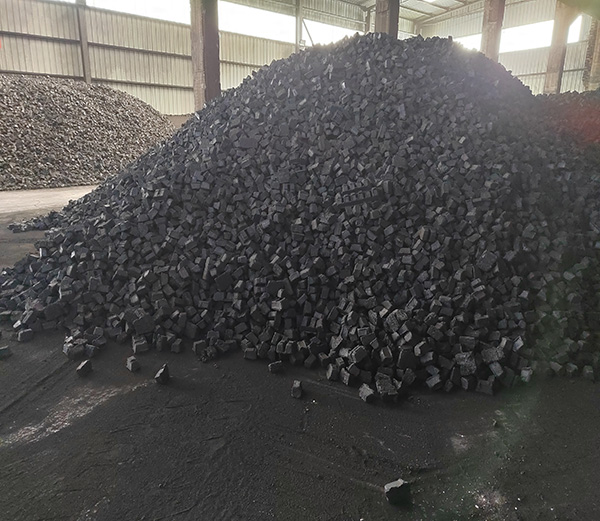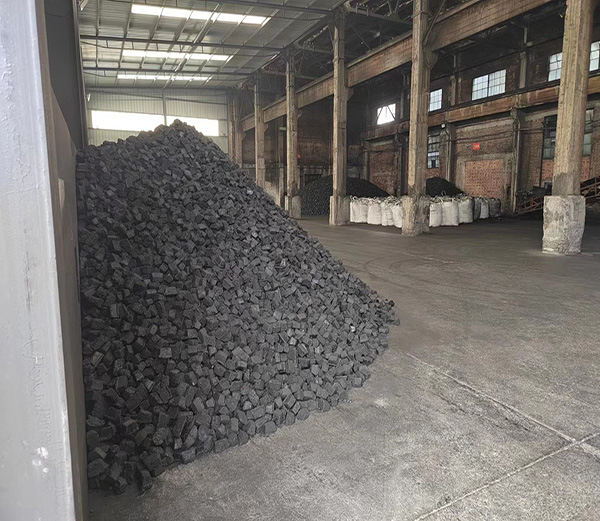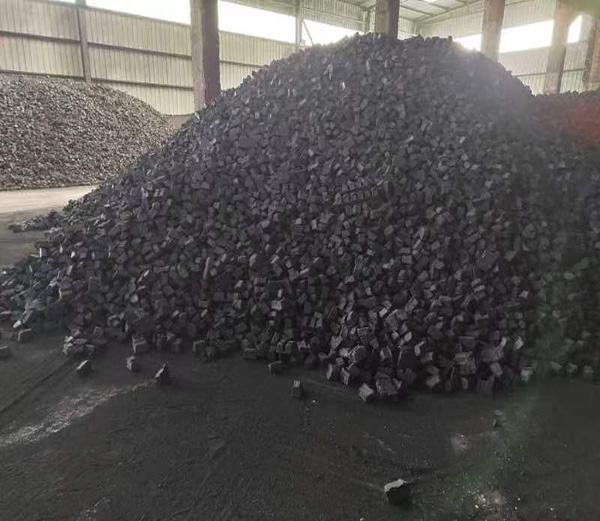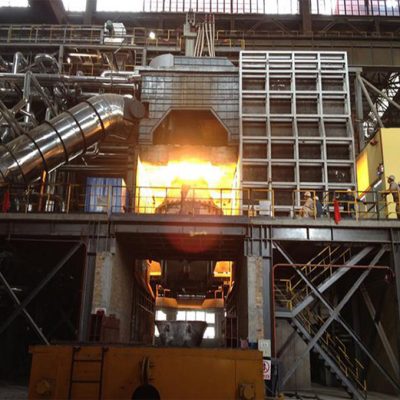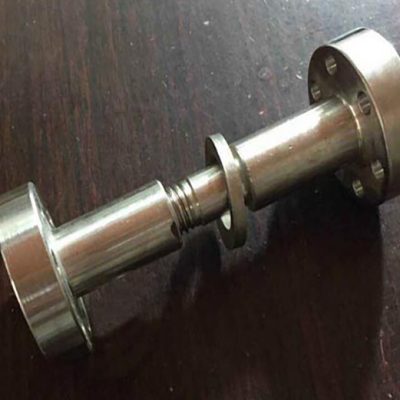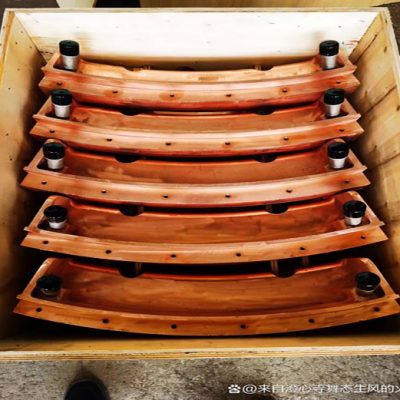Product Overview/产品概述:
Electrode paste is a conductive material used in electric furnaces such as ferroalloy furnaces and calcium carbide furnaces. Electrode paste is also called self-baking electrode. It relies on the heat in the ore-fired furnace to complete the baking. Therefore, the key to the use of electrode paste is to match the electrode consumption rate with the baking rate. Electrode paste can withstand high temperatures and has a small thermal expansion coefficient. It has a relatively small resistivity, which can reduce the loss of electric energy. It has a small porosity, which can slow down the oxidation of the electrode in the heated state. It has a high mechanical strength, so that the electrode will not break due to the influence of mechanical and electrical loads.
Product Introduction/产品介绍:
The current is input into the furnace through the electrode to generate an arc for smelting. The electrode occupies an extremely important position in the entire electric furnace. Without it, the electric furnace cannot function. In order for the electrode to work normally at the temperature generated by the arc, it must have a high degree of oxidation resistance and conductivity. Only electrodes made of carbon materials have this property, because carbon electrodes can withstand arc temperatures of up to 3500℃ and only slowly oxidize.
When the sintering temperature of the electrode paste is below 300℃, the electrode paste is in a plastic state and has the lowest mechanical strength. At this time, the compressive strength is only 3-10MPa, and there is almost no tensile strength. The soft fracture accident of the electrode paste in the electric furnace often occurs in this range.
When the sintering temperature of the electrode paste is between 300 and 800°C, the volatile matter of the coal tar has been discharged, and the remaining coal tar has been carbonized to form a network, which is fused with the raw materials of various electrode pastes, and the mechanical strength reaches the standard value. At this time, the compressive strength of the electrode paste is 17-33MPa, the flexural strength is 7-17MPa, and the tensile strength is 4-8MPa.
After the electrode below the copper tile of the electric arc furnace enters the smelting process, the temperature of the electrode will further increase due to the further increase in the temperature of the raw materials, and the mechanical strength will also increase with the increase in temperature. The mechanical strength of other materials drops sharply when the temperature rises to 1500°C, such as heat-resistant alloys, while the mechanical strength of carbon materials is still increasing at 1500°C. Only when the mechanical strength of carbon materials is measured at 2200°C does it begin to gradually decrease. Therefore, carbon materials have unique advantages as high-temperature resistant materials.


